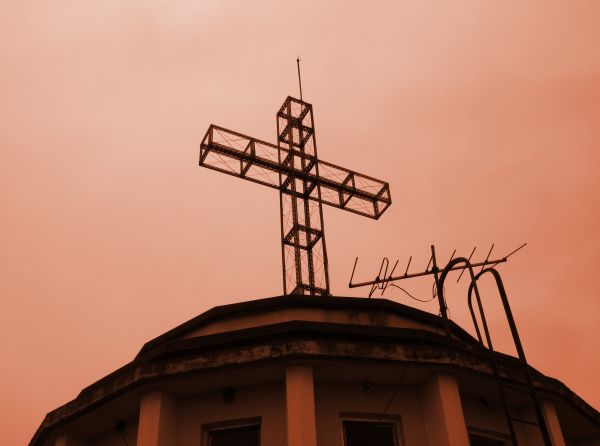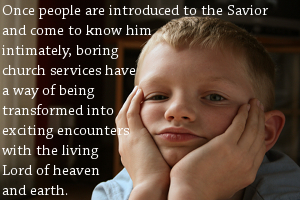The Church and Higher Education: Conflict or Complement, Part 1
 The following is part one of a transcribed speech Dr. Davey delivered at the annual Transnational Association of Christian Colleges and Schools (TRACS) Conference in November of 2009. It will appear at SI in three parts.
The following is part one of a transcribed speech Dr. Davey delivered at the annual Transnational Association of Christian Colleges and Schools (TRACS) Conference in November of 2009. It will appear at SI in three parts.
First, let me congratulate TRACS for 30 years of faithful service to Christ. Thank you for investing in higher educational institutions.
Dr. Beck has been a special encouragement to me in the process, along with all of us at Shepherds as we’ve pursued, and now achieved, full accreditation. We’re glad to be a part of the TRACS Family. When Dr. Beck, on behalf of TRACS, asked me to speak he suggested I address the subject of the relationship between the church and the educational institution.
More specifically, is the relationship between churches and schools a complement and a blessing to one another, or is it a relationship of conflict and struggle? And if so, what does it take to move from a relationship that competes, to a relationship that completes one another?
I want to structure my comments today around three key words that come to mind when I think of potential relationships between schools and churches—relationship that must be marked by the integrity of Christ’s gospel and the sweetness of genuine fellowship.
 Reprinted with permission from the
Reprinted with permission from the  Reprinted with permission from the
Reprinted with permission from the 
 Originallly appeared at
Originallly appeared at  Originallly appeared at
Originallly appeared at  Reprinted with permission from Dan Miller’s book
Reprinted with permission from Dan Miller’s book  New Relationships—The Growing Stage (2005-Present)
New Relationships—The Growing Stage (2005-Present)
Discussion